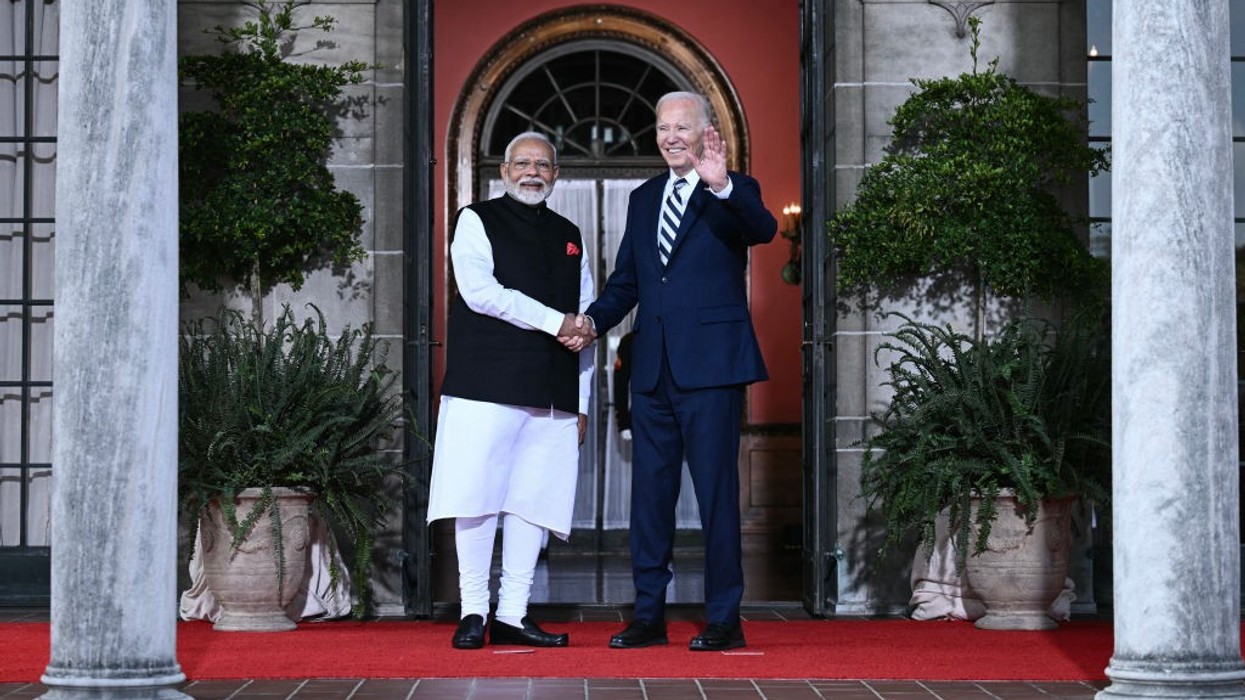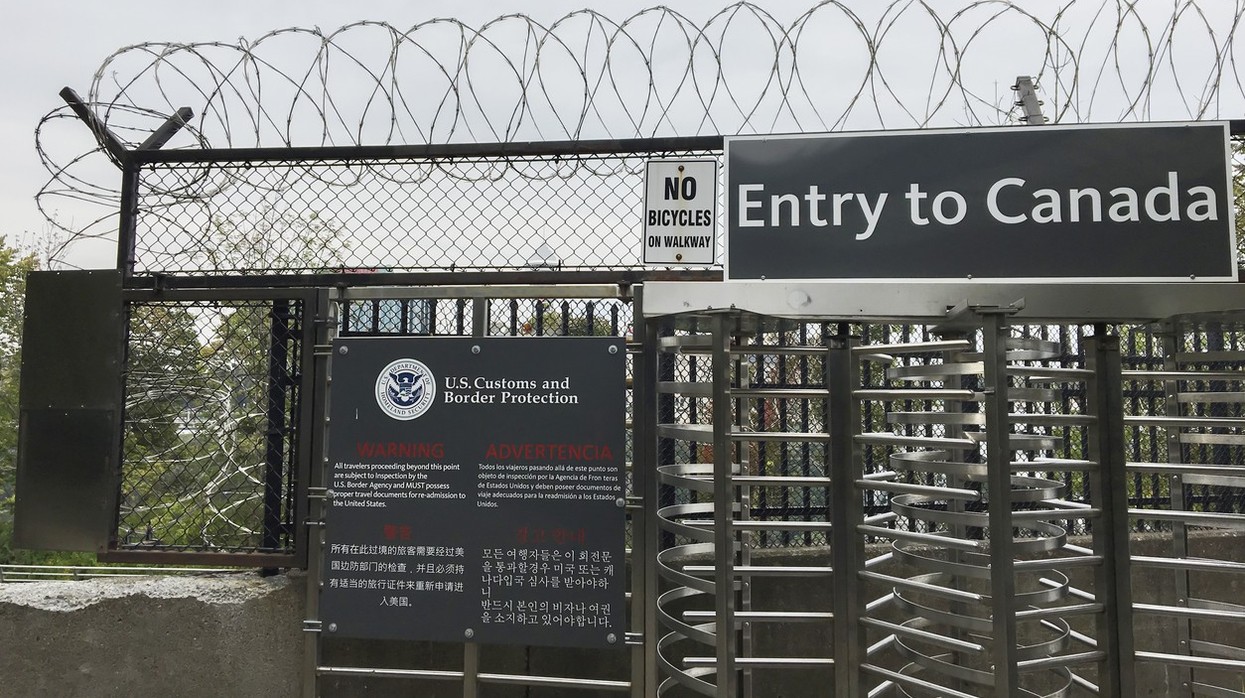In a dramatic turn of justice, US courts have halted the deportation of Subramanyam 'Subu' Vedam, an Indian-origin man who spent more than four decades behind bars for a crime he did not commit. Vedam, now 64, was wrongfully convicted of murder in 1983 and spent 43 years in prison before a Pennsylvania court overturned his conviction earlier this year.
Vedam, who came to the US as a nine-month-old baby, was arrested in 1982 for the alleged murder of his 19-year-old friend, Thomas Kinser. Kinser went missing in December 1980, and his body was discovered months later in a wooded area. Vedam, the last person seen with him, became the prime suspect. Despite the absence of witnesses or concrete evidence, he was sentenced to life without parole and also received a short sentence for a separate minor drug charge.
His family and lawyers fought tirelessly to prove his innocence. While serving his sentence in Pennsylvania, Vedam earned three college degrees, taught fellow inmates, and mentored many. His father passed away in 2009 and his mother in 2016, both before they could see him freed.
The long fight for justice finally bore fruit in August 2025, when new ballistics evidence—suppressed by prosecutors for decades, came to light. The Pennsylvania court overturned his murder conviction, declaring it a grave miscarriage of justice.
Vedam was released from prison on October 3. However, his freedom was short-lived. Immediately after his release, the US Immigration and Customs Enforcement (ICE) detained him at a Louisiana facility equipped for deportations, citing his old drug conviction as grounds for removal from the country.
Last week, two separate courts, an immigration court and a Pennsylvania district court, intervened to halt his deportation while the Bureau of Immigration Appeals reviews his case. The process could take several months.
Vedam’s lawyers argue that deporting a man who spent over 40 years wrongfully imprisoned would be “an act of cruelty.” They stress that his decades of wrongful confinement should far outweigh a minor drug offense from the early 1980s.
His sister, still campaigning for his release, said the family only wants him to live “the peaceful life he was denied for 43 years.”















